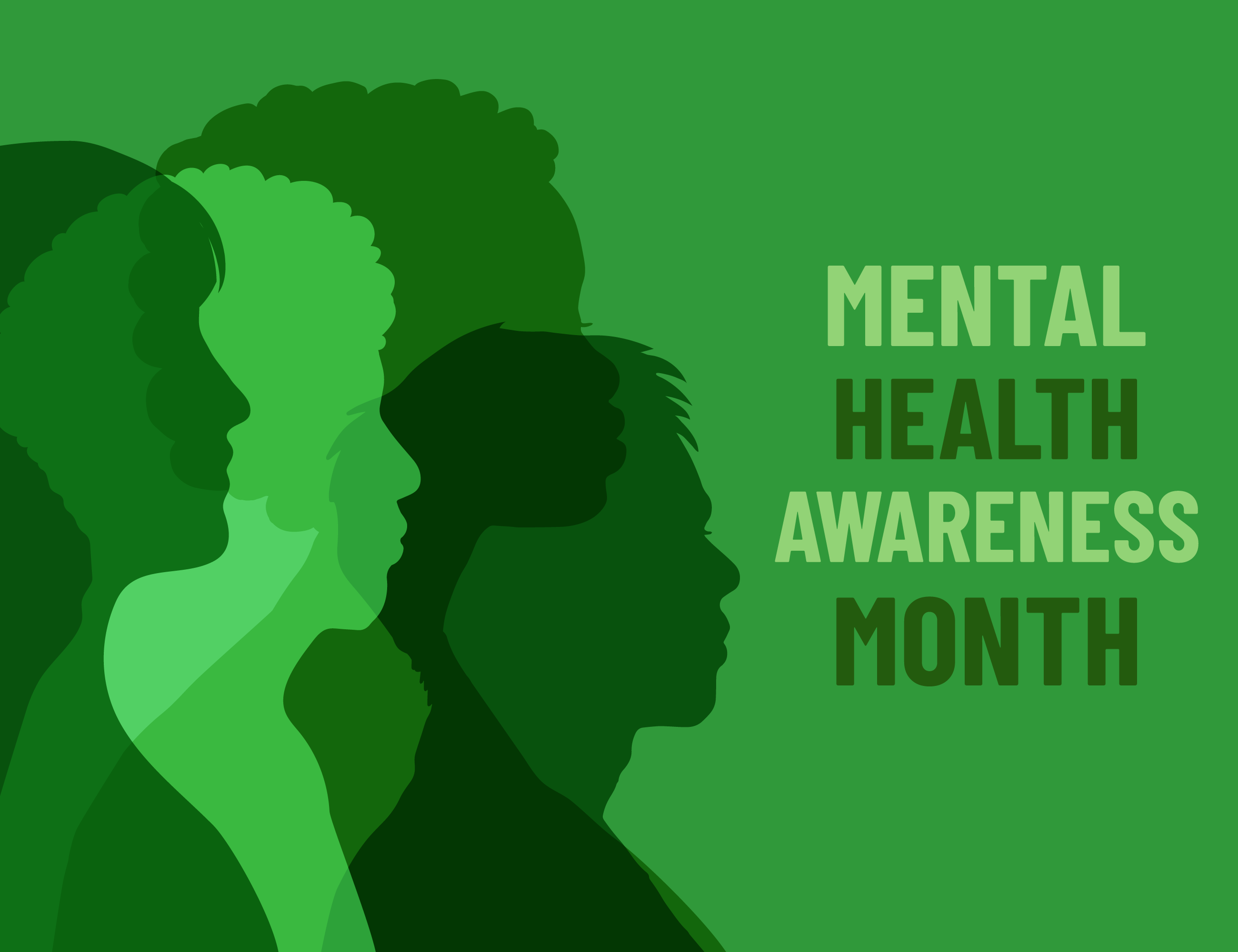Hi, It’s Dr. Curry-Winchell, Dr. BCW. Today I want to discuss the importance of sharing information with your doctor for the best health outcome. Effective communication between patients and healthcare providers is crucial for receiving optimal care. During doctor visits, you must openly share your concerns, family history, medication details, and the status of your health issues.
Unfortunately, barriers, such as fear, mistrust, and lack of knowledge, can hinder some patients from sharing. So let us explore the significance of sharing critical information with your doctor and provide tips for better communication. I did a related article on this with Eat This, Not That a while back. You can find that article here (https://www.eatthis.com/news-things-you-should-never-hide-from-your-doctor/). But this topic was so important I thought I should do a blog on it as well.
Sharing Your Concerns:
One of the primary challenges patients face is hesitating to share their concerns. Fear of being judged, feeling that their complaints will be trivialized, or worrying about wasting the doctor’s time can prevent patients from fully expressing their health issues. It is crucial to remember that every concern matters, and no question is too small. Doctors are there to support and guide you on your health journey, so it’s important to voice your worries.
Family History:
Sharing your family history with your doctor is vital. Many diseases and conditions have genetic links. Understanding your family’s medical background helps healthcare providers order appropriate screenings, monitor risks, and develop a comprehensive health plan.
Conditions such as heart disease, high cholesterol, and certain cancers can have a hereditary component. By sharing your family history, you empower your doctor to make informed decisions with you about your care plan.
Medications, Vitamins, and Supplements:
When visiting your doctor, please do not forget to disclose all medications you are taking, including over-the-counter drugs, vitamins, and supplements. Even seemingly harmless over-the-counter medicines can interact with prescribed drugs or have unexpected side effects. A comprehensive list of your medications helps your doctor assess potential interactions and ensure your treatment plan is safe and effective.
Status of Your Health Issue:
Communicating the details of your health issue is essential for an accurate diagnosis and effective treatment. Tell your doctor about the duration of the symptoms, how they started, and whether they have worsened, improved, or remained the same. This information provides valuable insights into the progression of your condition. Additionally, following up with your doctor after the visit is crucial, especially if your symptoms persist or worsen. This feedback allows your healthcare provider to adjust your treatment plan or recommend other care if needed.
Addressing Communication Challenges:
In cases where you feel your provider does not understand your concerns, advocate for yourself. Invest in a conversation, express your thoughts, and ensure your doctor hears and understands you.
If, for some reason, you are not able to communicate effectively or feel uncomfortable, consider seeking a new provider. Your health should be your top priority, and finding the right provider to be your health advocate is crucial.
Conclusion:
Effective communication between patients and healthcare providers is the cornerstone of quality care. By openly sharing your concerns, family history, medication details, and the status of your health issues, you empower your doctor to provide you with the best possible care. Patients should be active participants in their healthcare journeys. Work with your healthcare provider, forge stronger relationships, and help providers build the best healthcare plan possible.
Stay informed and make well-informed decisions about your health and well-being.
– Dr. BCW (Dr. Curry-Winchell)









